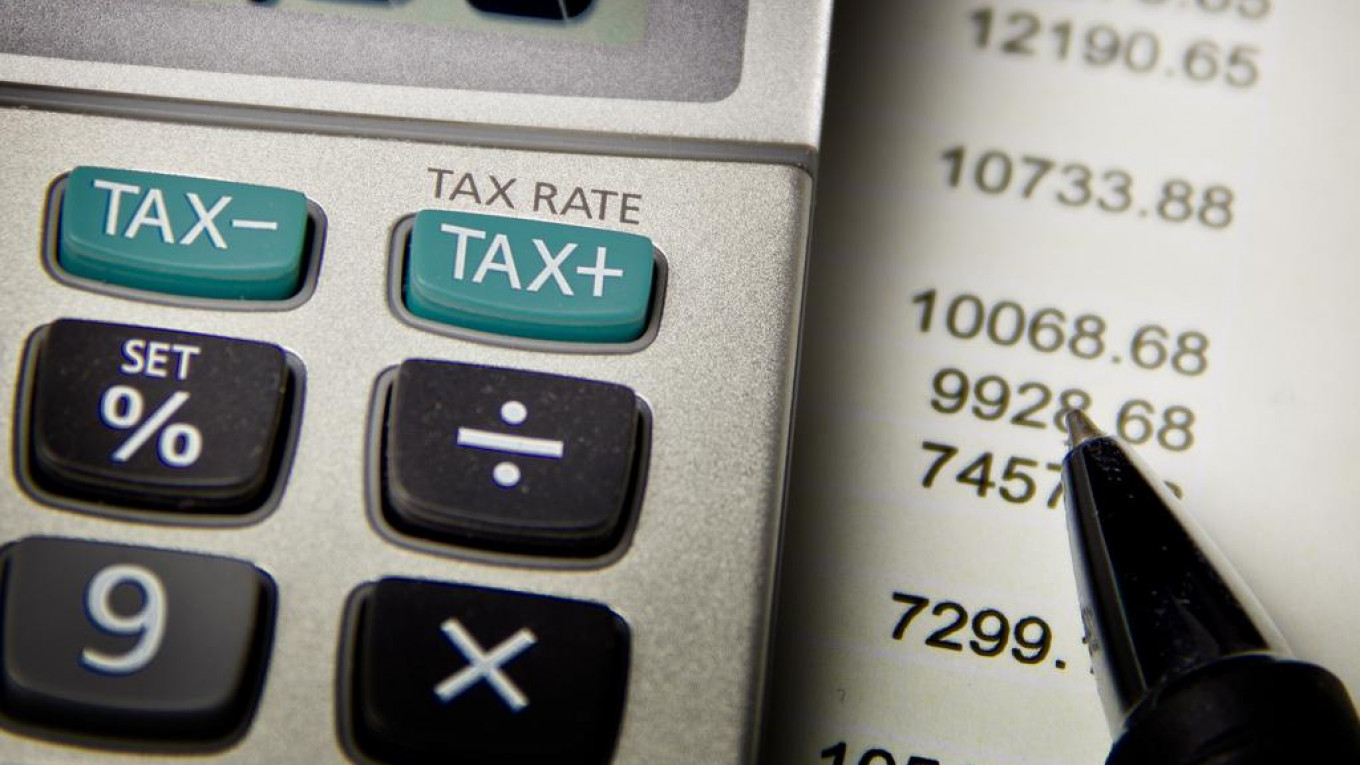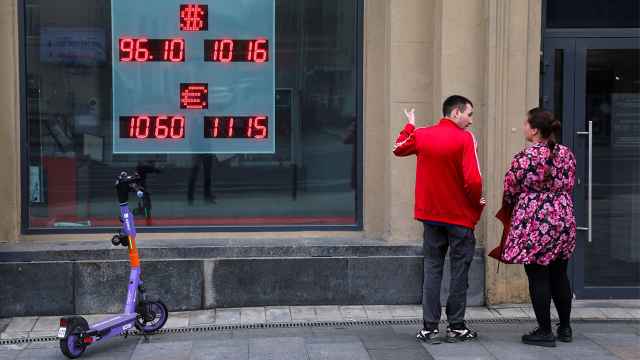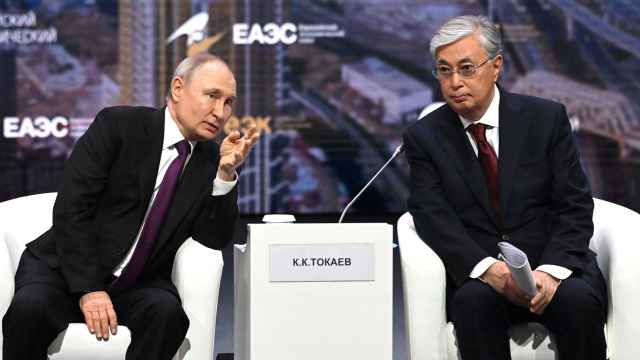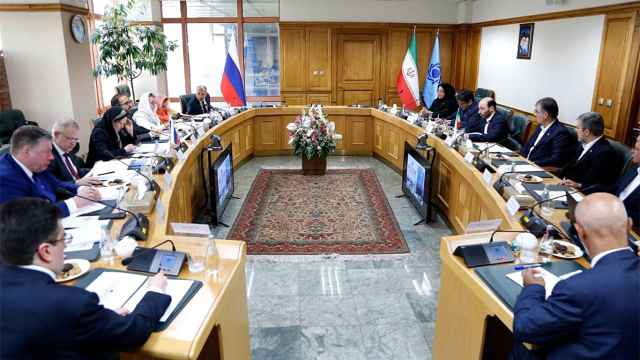Russia has long prided itself on its simple 13 percent flat income tax rate. But a series of reform proposals could push the country towards a progressive alternative.
The Finance Ministry, the Economic Development Ministry and the Center for Strategic Research (CSR) are actively developing reforms for the Russian tax system. The Finance Ministry and CSR are even working on their own reform proposals, the Vedomosti newspaper has reported.
The talks largely center on raising the personal income tax and the value-added tax (VAT). Although the income tax will remain flat, income below a minimum threshold would likely be non-taxable.
Such a decision to match tax rates with income would render Russia's personal income tax de facto progressive. The move would be welcome in a country where the three establishment opposition parties support implementing a progressive income tax.
What Are the Plans?
The discussions follow President Putin’s December 2016 calls to reform the Russian tax system in order to boost economic growth. Putin ordered the government to discuss different tax proposals in 2017, adjust the tax code in 2018 and implement the new system in 2019. But economists are not agreed on how to proceed.
The Finance Ministry has proposed raising the income tax rate to 15 percent, and funnelling between 6 and 8 percent into the federal budget. It also proposes compensating for the tax hike by decreasing the rate of insurance contributions paid by employers — currently 30 percent — to 21 percent.
Meanwhile, the Economic Development Ministry proposes raising the income tax rate to 15 percent and imposing an exemption for some citizens. It has also suggested raising VAT from the current 18 to 21 percent and dropping insurance contributions to 21 percent.
Finally, CSR has developed a plan to raise the income tax rate to 17 percent and implement a minimum income exemption — either for the poorest Russians or for all citizens.
Currently, the proposals are under discussion in state agencies and expert circles. So far, they have not been presented to President Vladimir Putin or his cabinet.
The Finance Ministry is investigating the feasibility of the proposals. Should the authorities decide on a plan, it will likely be implemented in 2018, Deputy Prime Minister Igor Shuvalov said.
Reform or Economic Populism?
Recently, tax reform has been a frequent — if often low-profile — topic of discussion in Russia. Amid ongoing economic crisis, Russia has long sought new ways to augment its budget.
In November 2016, Deputy Prime Minister Olga Golodets said that moving toward a progressive tax system and freeing those on the lowest income level from income taxes could help overcome poverty.
The comment was seen as a hint that the flat tax — one of the key neoliberal economic reforms of Putin’s first term — could be eliminated. The move would certainly have found support both in the corridors of power and among the public.
“There is a clear desire to raise taxes after the 2018 presidential election,” economic analyst Boris Grozovsky told The Moscow Times in November.
“Raising the income tax is a more popular idea than raising the value-added tax – which would affect business – because it’s easy to sell politically as a social measure to help the poor.”
However, tax reform — and especially income tax reform — is easier said than done.
Personal income tax is one of the key sources of revenue for Russia’s regional budgets. Income tax grew from 29 to almost 38 percent of regional budgetary income between 2005 and 2016. Freeing Russia’s poorest citizens from paying income tax would disproportionately impact Russia’s poorest regions.
That will prove a challenge any tax reform must address. One unnamed analyst quoted by Vedomosti emphasized that various ideas — from imposing a floating personal income tax rate to allowing the regions to establish their own income tax rates — are still under discussion.
A Message from The Moscow Times:
Dear readers,
We are facing unprecedented challenges. Russia's Prosecutor General's Office has designated The Moscow Times as an "undesirable" organization, criminalizing our work and putting our staff at risk of prosecution. This follows our earlier unjust labeling as a "foreign agent."
These actions are direct attempts to silence independent journalism in Russia. The authorities claim our work "discredits the decisions of the Russian leadership." We see things differently: we strive to provide accurate, unbiased reporting on Russia.
We, the journalists of The Moscow Times, refuse to be silenced. But to continue our work, we need your help.
Your support, no matter how small, makes a world of difference. If you can, please support us monthly starting from just $2. It's quick to set up, and every contribution makes a significant impact.
By supporting The Moscow Times, you're defending open, independent journalism in the face of repression. Thank you for standing with us.
Remind me later.






